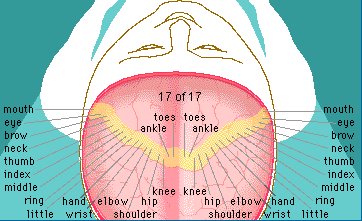With thousands of returning troops who may need help battling trauma, civilian and military psychologists alike are finding new ways to help.
BY MARK GREERMonitor StaffPrint version: page 40
In her work with U.S. veterans, psychologist Kaye Baron, PhD, may be seeing the opening salvos of a new war--one for mental health. The private practitioner in Colorado Springs, Colo., near the Fort Carson Army Base, serves a lot of military families affected by U.S. operations in Iraq and Afghanistan. She is also a contract psychologist for a local government agency for which she has evaluated more than 75 military personnel who have returned from Iraq showing depression and irritability and reliving intense emotional trauma--some of the classic signs of post-traumatic stress disorder (PTSD).
"I've seen a lot of PTSD symptoms, if not full-blown PTSD," Baron says. "The social withdrawal, the nightmares, the sleep disturbances, the memory and concentration problems, the anger, the lack of trust--I'm seeing all this within the troops coming back from Iraq."
Baron's contacts through her evaluations and work with military families are among the first of what at least one study says could be many more military personnel returning from Iraq suffering--or who will later suffer--from PTSD. While the majority of troops show resilience from the stresses of war, some do or will need help with PTSD symptoms.
Already, in one recent army report, more than 1,000 troops reported PTSD symptoms--and troops' reluctance to admit problems may mean the real number is higher. In a war characterized by intensely stressful surprise attacks and street fighting, that number may only increase, some psychologists predict. Unfortunately, a lack of research means psychologists are still working to fully understand PTSD.
Service providers have observed what is now known as PTSD for decades. Called anything from operational fatigue to shell shock, the disorder acquired its current name only in 1980, when PTSD was added to the third edition of the Diagnostic and Statistical Manual of Mental Disorders. And research on the early signs and symptoms of combat trauma is scant. Most research on Vietnam War veterans did not take place until 1980s.
Read the rest here
http://www.apa.org/monitor/apr05/war.html
Saturday, July 28, 2007
Subscribe to:
Post Comments (Atom)

http://www.windyweb.com/stop.htm














No comments:
Post a Comment